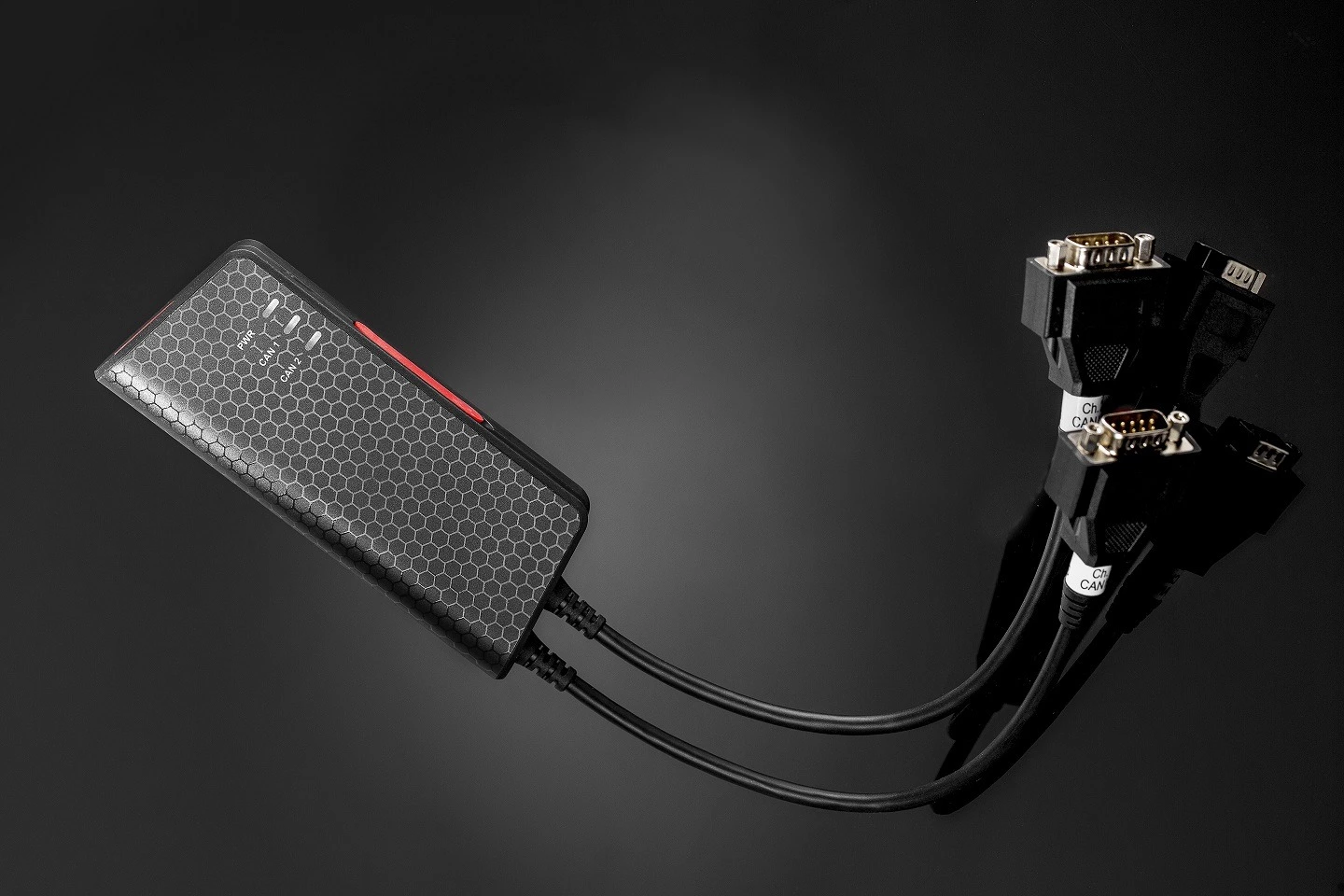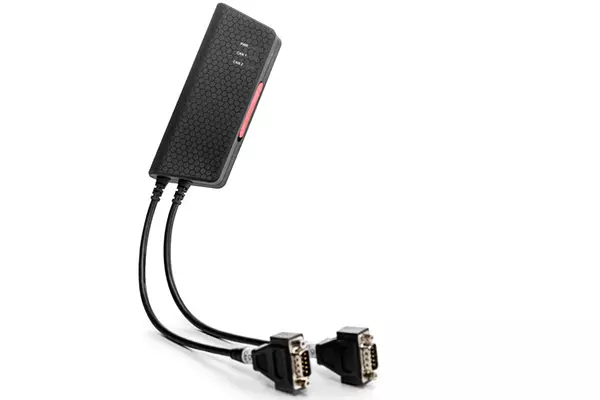Update: Kvaser has released the updated Kvaser Memorator Light HS v2. For more information, click here.
News
How to optimize in-vehicle data logging for performance and speed

In-vehicle data logging has a role to play throughout the development process – from development to after-market/service scenarios. Whether you need to analyse performance data during ECU development or investigate intermittent faults caused by individual components when the vehicle is in use, placing a data logger on the vehicle’s electronic network for an extended period and evaluating the results is considered best practice.
It is tempting to think that ‘bigger is better’ when it comes to the memory capacity of data logging devices. After all, when the automotive industry talks about data these days, it is generally in the context of RAID systems capable of holding terabytes of data. This is relevant in autonomous vehicle scenarios, when testing multi-radar, multi-video ADAS systems. But this is overkill for most data logging tasks. The question to ask is: just how much relevant data do I want to collect and process? Wherever your task features on the megabits to terabits scale, there are ways to refine the data gathered. This will save you from a cumbersome and expensive data block (literally) which costs you in storage, transfer speed, and analysis time.
Gather only what you need
Kvaser’s Memorator data loggers are an ideal fit for those gathering megabits to gigabits of CAN data. The Kvaser Memorator’s support Secure Digital High Capacity (SDHC) and Secure Digital eXtended Capacity (SDXC) formats, the former offering between 4GB to 32GB, and the latter upwards of 32GB.
Compared to a hard-drive, an SD card offers numerous advantages in terms of cost, performance (higher speed, smaller size and lower power consumption), and reliability (higher shock-resistance). These advantages become very tangible when recording data from the field – particularly in tough environments like heavy duty trucks and agricultural machinery.
Small and automatic
Kvaser’s Memorator data loggers are available for different levels of data gathering complexity. Kvaser Memorator Light is an easy-to-use tool for logging serial data, with no preconfiguration or software setup required. A FIFO function holds data in a circular buffer and rewrites the oldest data when the buffer becomes full. The data logger can be left on a vehicle for a prolonged period and if something happens that requires further investigation, the most recent information is available for analysis. This is an elegant troubleshooting that will save engineers the common headache of waiting around for a bug to reappear (or recording reams of data in hopes of catching it).

The Memorator data loggers store the raw CAN frames in a binary format. Using Kvaser Memorator Tools, a free logger setup and configuration program, that data can be extracted into several formats, including: .kme, .csv, .asc, .dat, .log and plain text.
Use filtering to maximize relevancy
Kvaser’s Memorator Pro series, available with one, two or five CAN channels, are high performance data loggers capable of running user-developed programs using the t scripting language in Kvaser CANlib SDK. Able to log continuously, or log at particular pre- and post-trigger conditions, these devices are available without buffer size restrictions, so are limited by disk space only. Using the Kvaser’s Memorator Pro series, it is possible to filter out messages and/or signals to be logged. This advanced CAN logging functionality is key to ensuring that you don’t find yourself wading through a tsunami of data.
Resources:
Visit Kvaser’s ‘Trigger Guide’ for guidance on creating simple to more advanced triggers, and consult our Developer Blog for more in-depth guidance on setting up triggers.
Find out about some of the real-time or post-measurement data management and analysis software available to help you sift the wheat from the chaff!
Advanced Users: Visit Kvaser’s Developer zone, where you can find the Kvaser kvmlib library, available as part of the Kvaser CANlib SDK free download. This enables developers to create custom applications for using Kvaser Memorator Pro data loggers to read data on the CAN bus.
 linkedin
linkedin twitter
twitter youtube
youtube youku
youku weixin
weixin